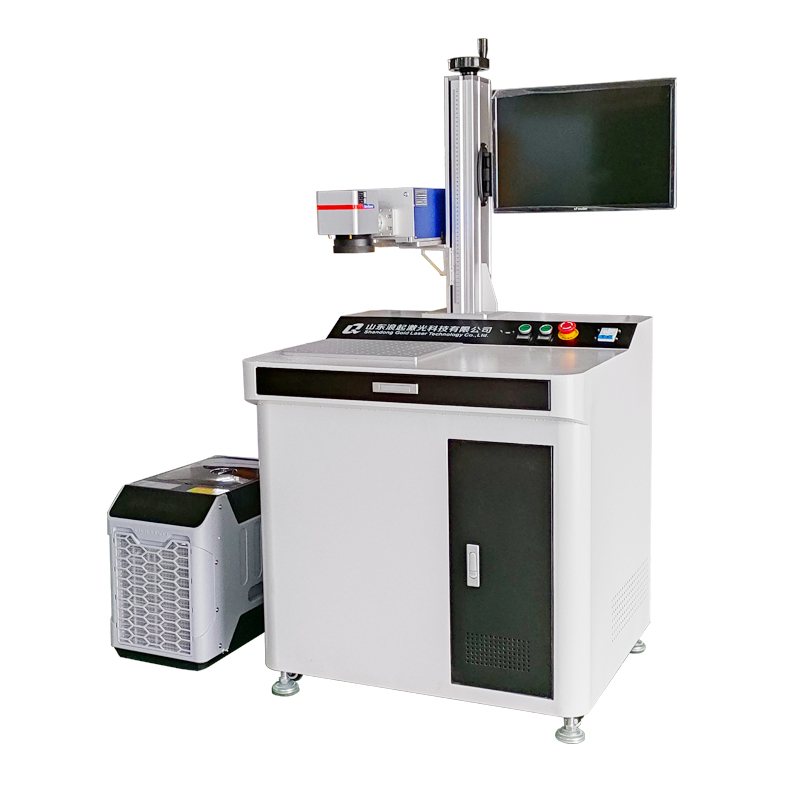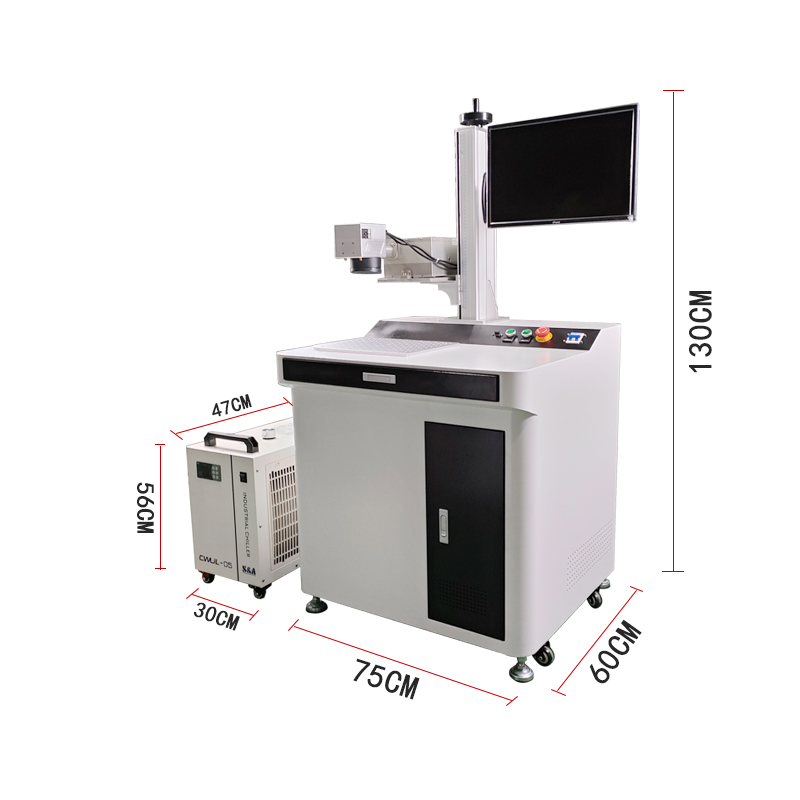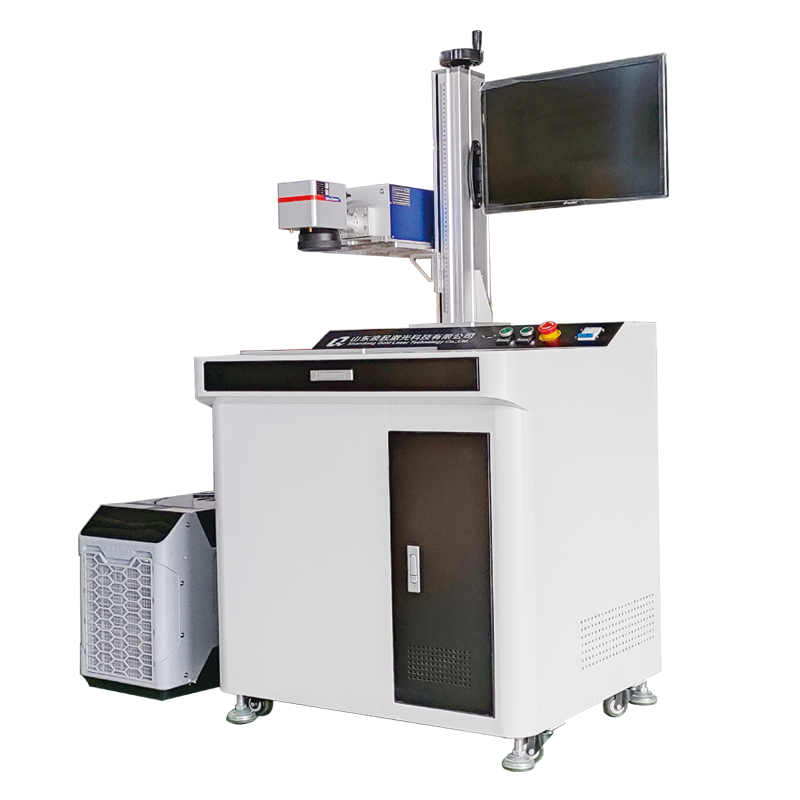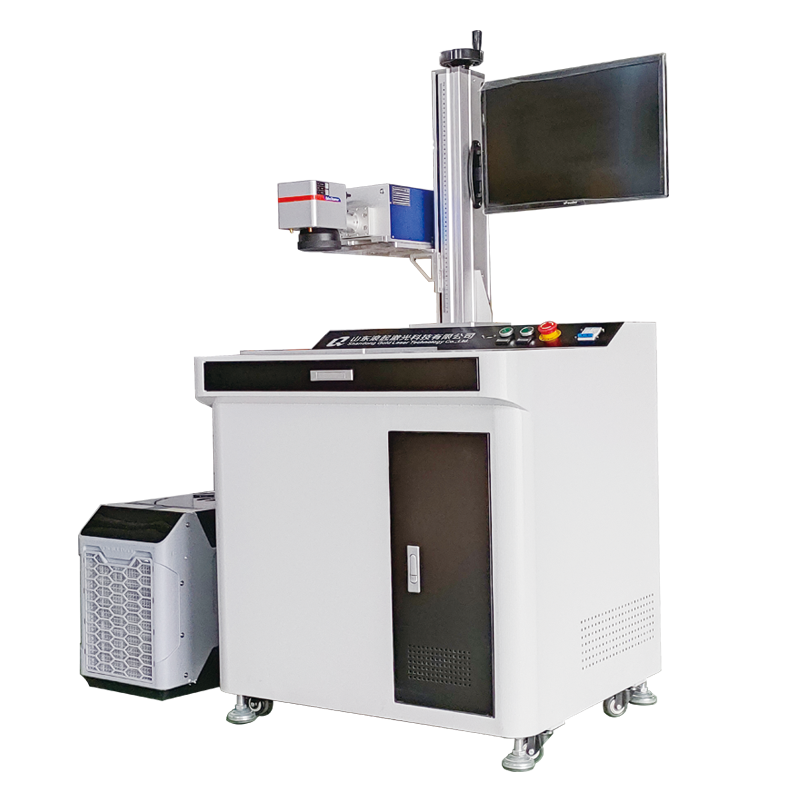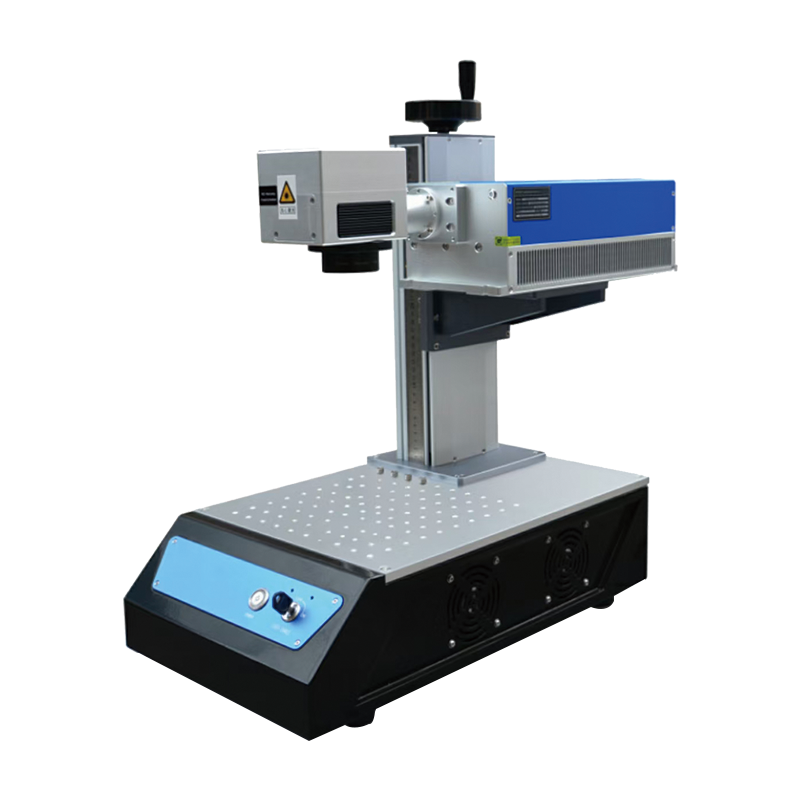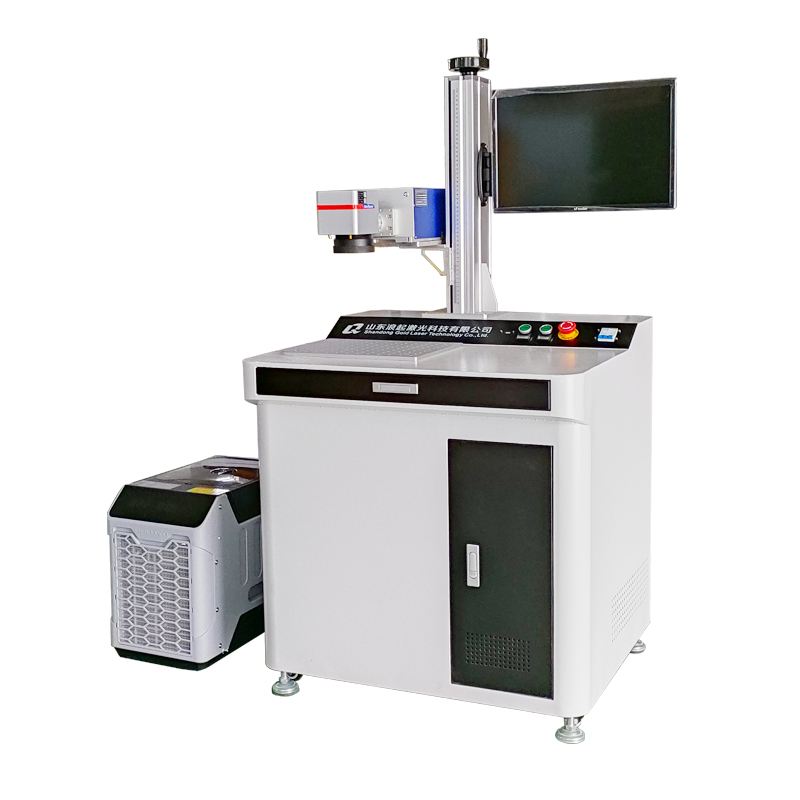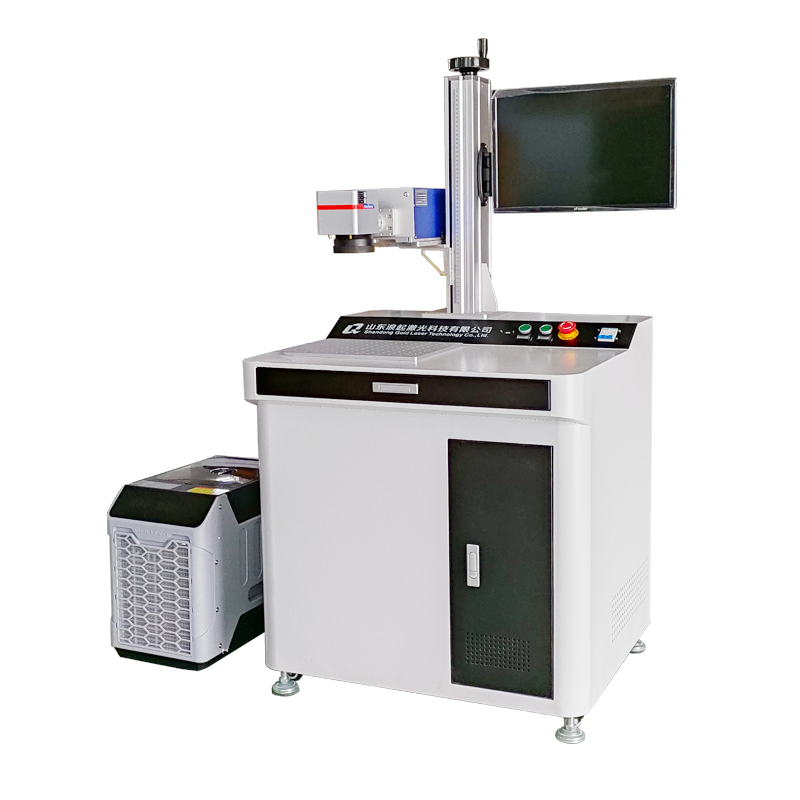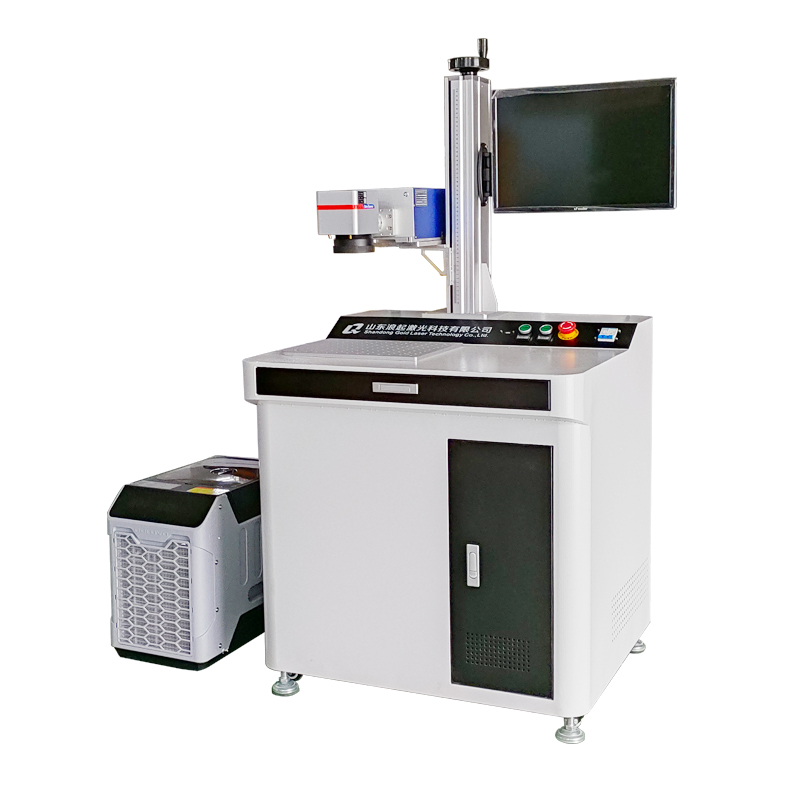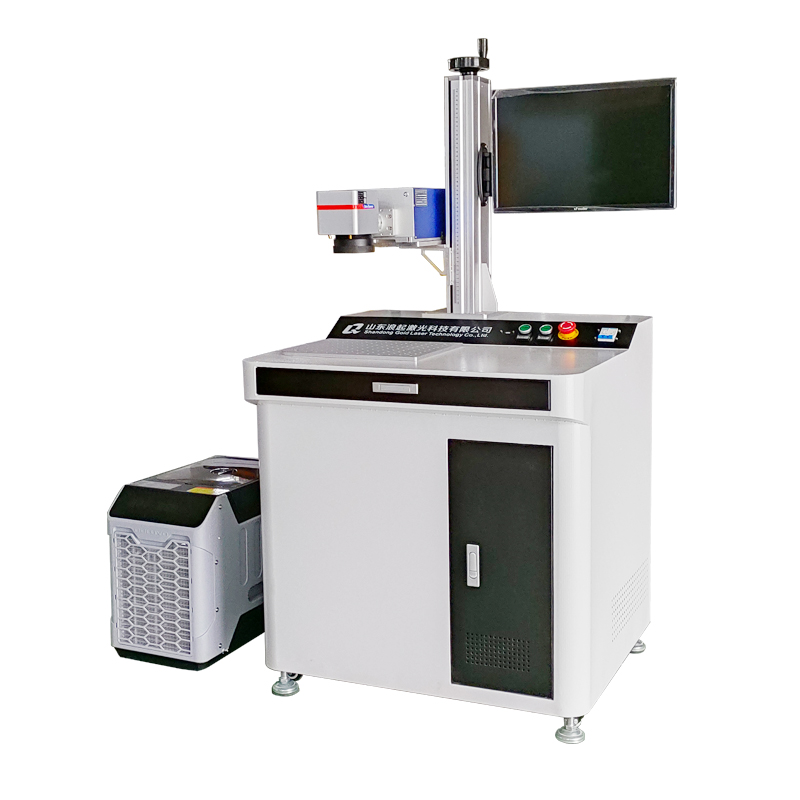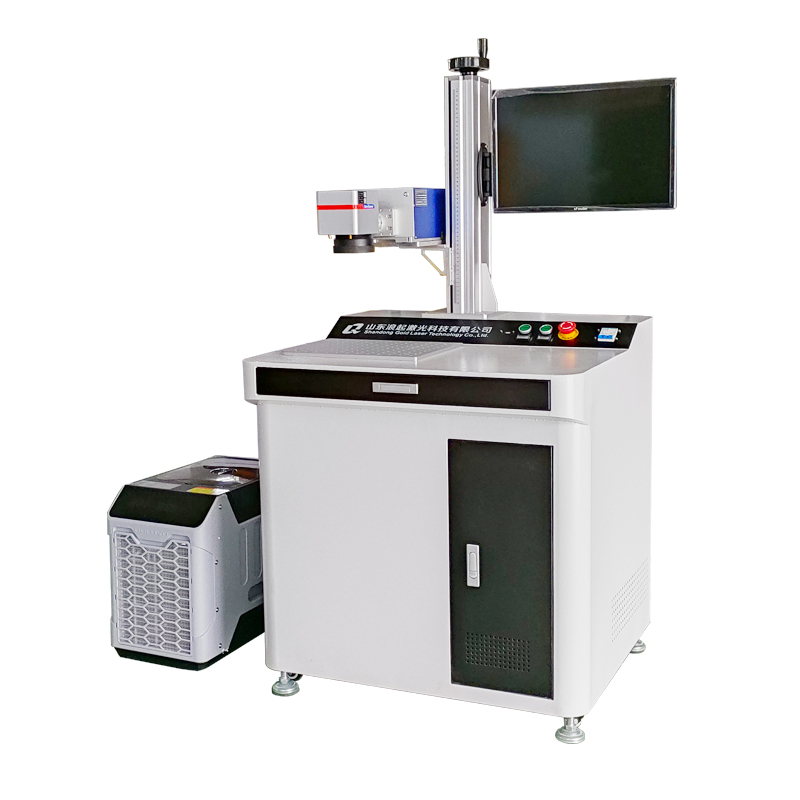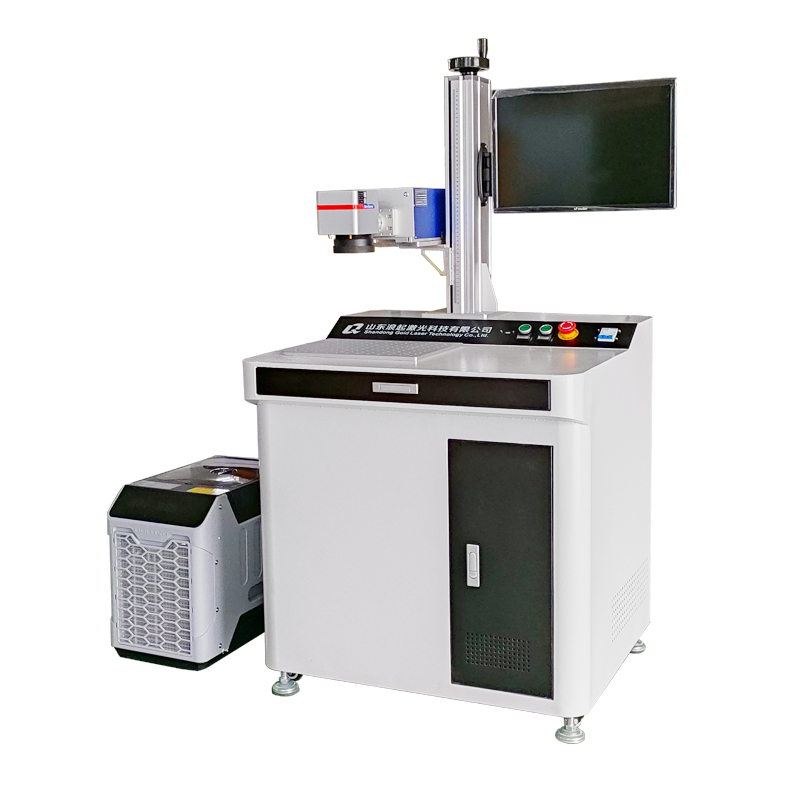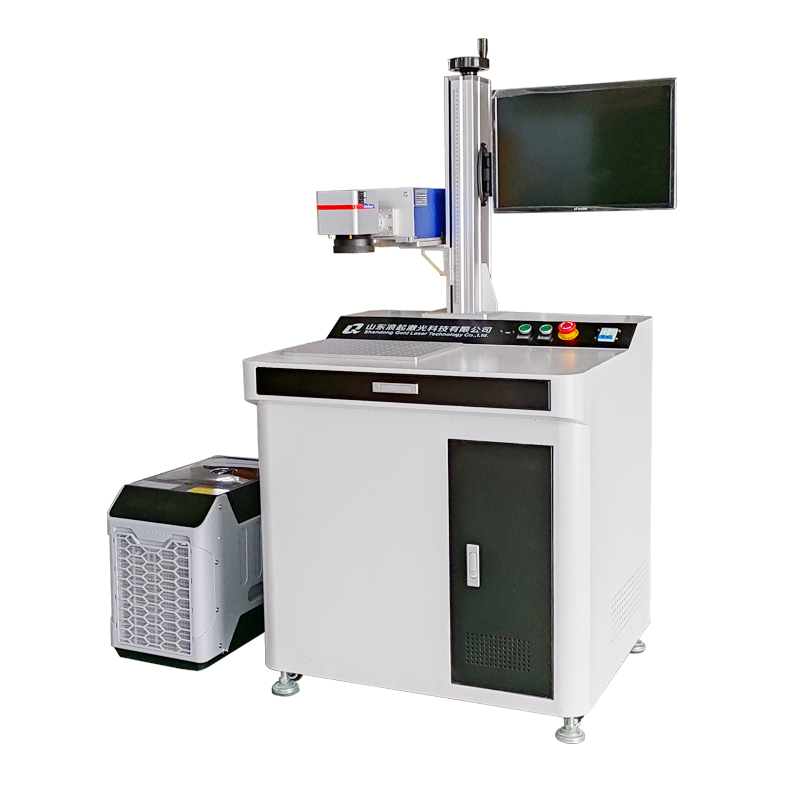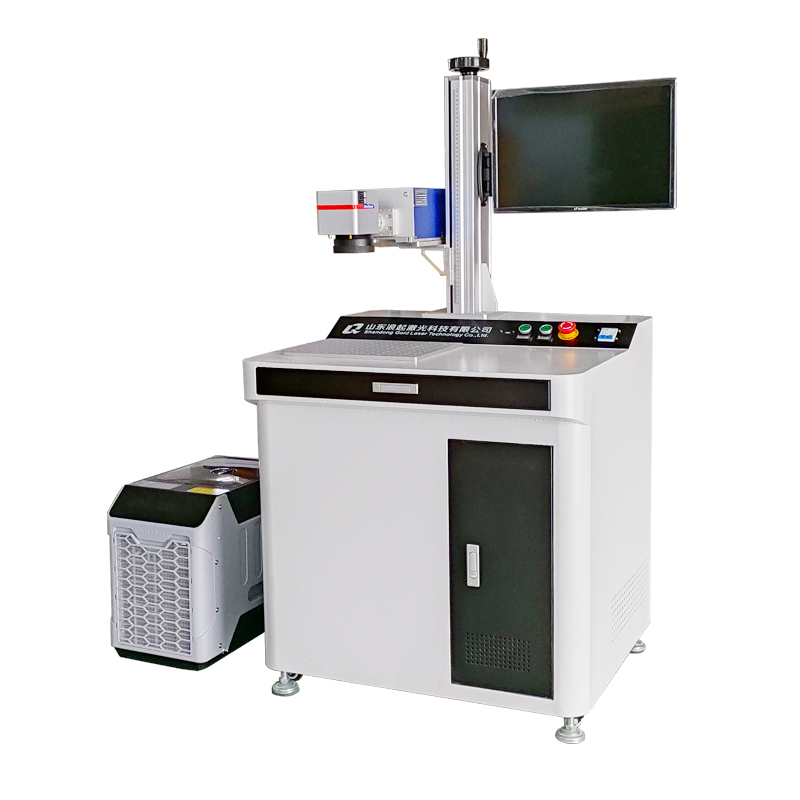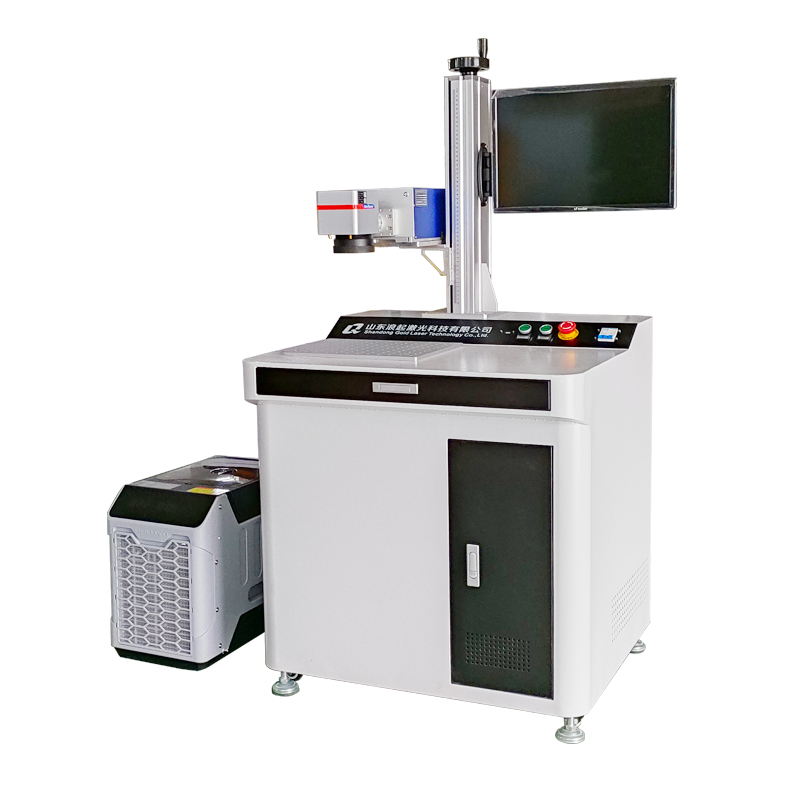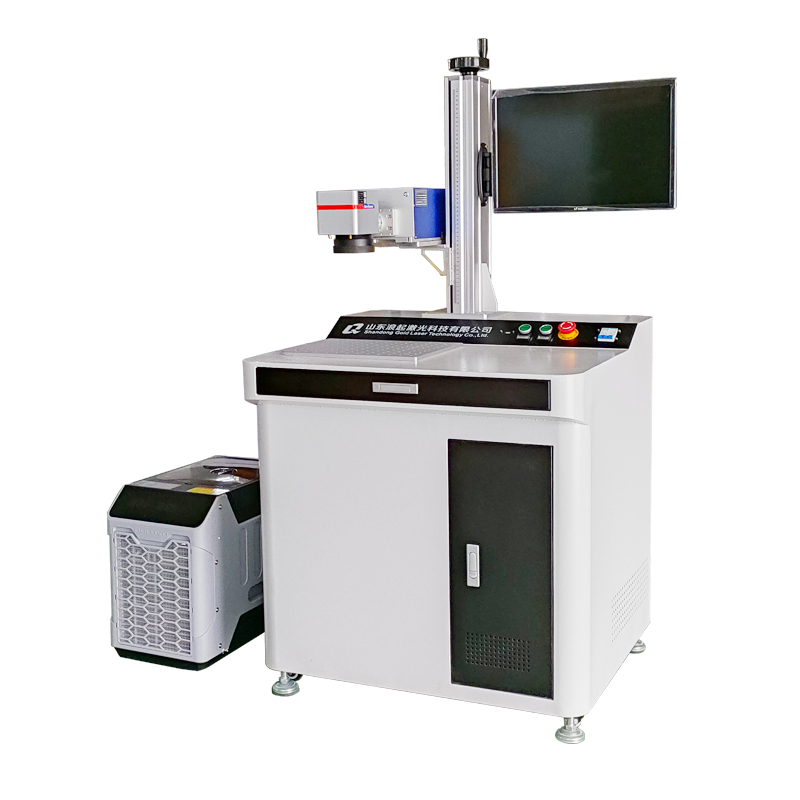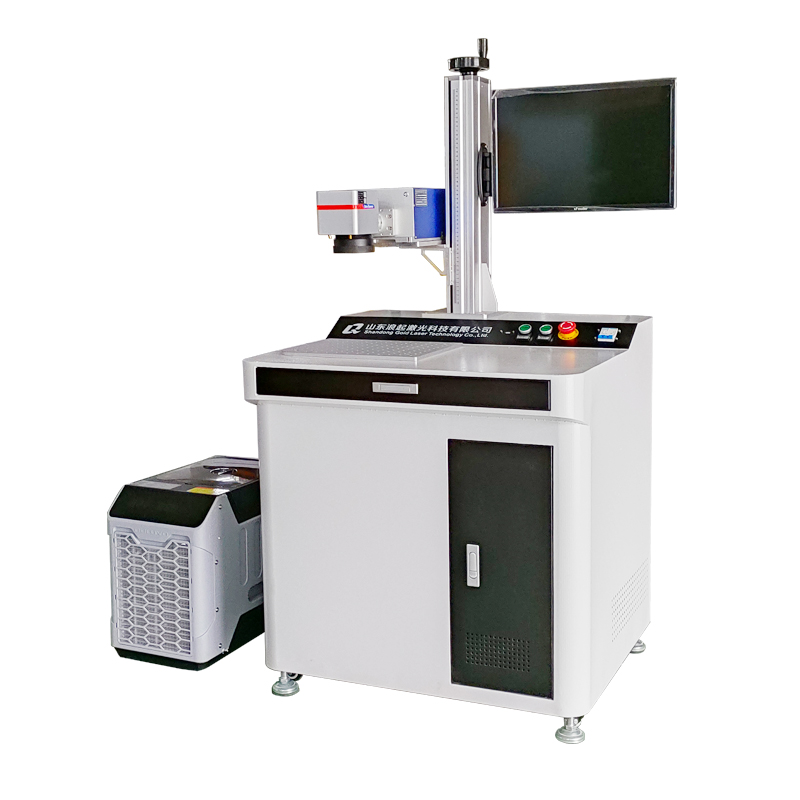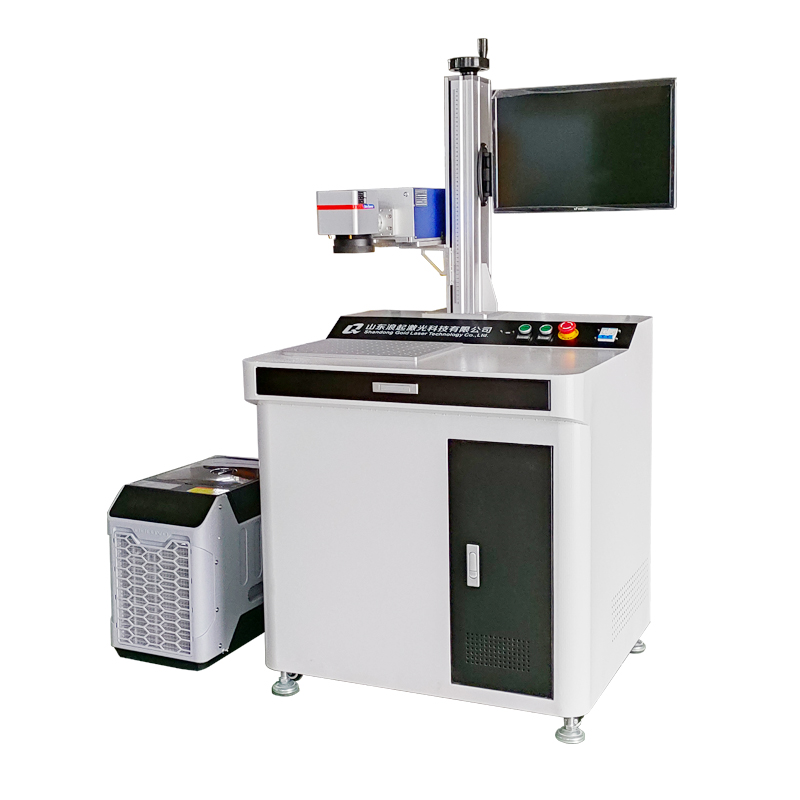The laser marking machine is a device that uses a laser beam to permanently mark or engrave surfaces. Its primary purpose is to create high-precision, durable, and high-contrast markings on various materials without physical contact. Here are its key purposes and applications:
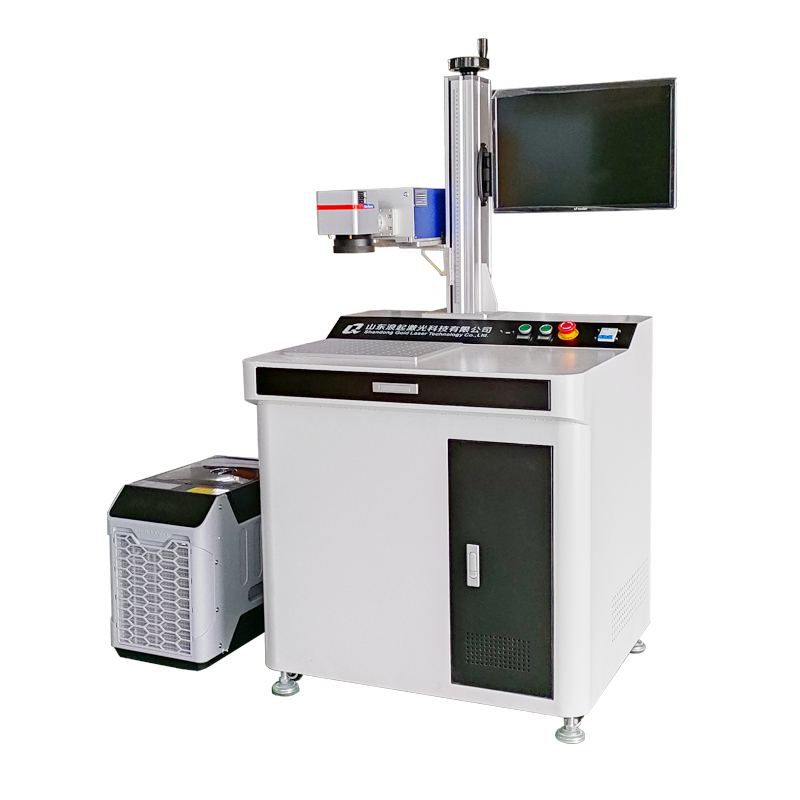
1. Permanent Marking
Creates long-lasting marks resistant to fading, wear, and corrosion.
Used for serial numbers, barcodes, QR codes, logos, and text.
2. High Precision & Quality
Produces fine, detailed markings with micron-level accuracy.
Ideal for intricate designs, tiny text, and complex patterns.
3. Non-Contact & Non-Destructive
The laser does not physically touch the material, minimizing damage.
Suitable for delicate or sensitive components.
4. Versatile Material Compatibility
Works on metals (steel, aluminum, titanium), plastics, ceramics, glass, rubber, and more.
Different lasers (fiber, CO₂, UV) are used based on material type.
5. Industrial & Commercial Applications
Manufacturing: Part identification, traceability (automotive, aerospace).
Electronics: PCB marking, microchip engraving.
Medical: Surgical tools, implants, and device labeling.
Jewelry & Awards: Personalized engravings.
Packaging: Expiry dates, batch numbers, branding.
6. Speed & Efficiency
Faster than traditional engraving methods (mechanical, ink printing).
Automated for high-volume production lines.
7. Eco-Friendly & Low Maintenance
No inks or chemicals are used, reducing waste.
Minimal maintenance compared to mechanical engravers.
Common Laser Types Used:
Fiber Laser: Best for metals and some plastics.
CO₂ Laser: Suitable for organic materials (wood, acrylic, leather).
UV Laser: Used for sensitive materials (glass, plastics) with minimal heat impact.

